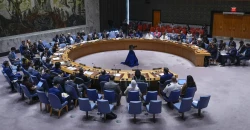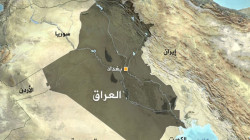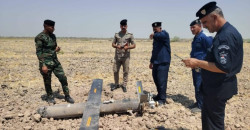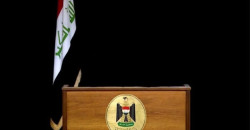Experts warn of Iraq's vulnerability as Israeli-Iranian conflict escalates
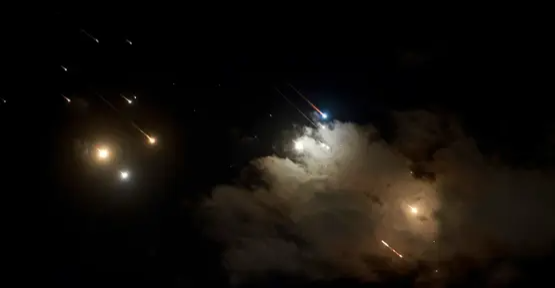
Shafaq News/ Israel’s airstrikes on Iran early Friday, followed by Tehran’s missile response, have placed Iraq in a vulnerable position, as lawmakers and experts point to Baghdad’s limited ability to act due to its lack of control over airspace and territory.
The cross-border escalation has heightened tensions across the region, with some analysts warning that the conflict could spiral into a broader confrontation involving neighboring countries, including Iraq. Israeli strikes targeted multiple Iranian cities, including Tehran, reportedly killing senior military commanders and nuclear scientists. Iran responded by launching attacks on Tel Aviv.
Member of the Iraqi Parliament’s Foreign Relations Committee, MP Mokhtar al-Moussawi, told Shafaq News that Iraq can do little more than condemn the Israeli aggression. “This is clearly an attack on Iran, but Iraqi security forces must also remain alert and vigilant because the threat is not limited to Iran—Iraq now lies between Tehran and the Zionist entity [Israel],” he stated.
Al-Moussawi, a lawmaker from the Iran-backed Fatah Alliance led by Hadi al-Amiri, emphasized that Iraq's current stance is confined to verbal condemnation. “Iraq does not possess sufficient military capabilities, nor does it control its own skies or territory. The Israeli warplanes that struck Iran reportedly passed through Iraqi airspace,” he said.
Security expert Ali al-Maamari believes the Israeli strikes on nuclear facilities in Iran are part of a calculated strategy rather than an all-out war effort. “These attacks are meant to pressure Tehran into reconsidering its nuclear program, potentially forcing it back to the negotiating table to halt uranium enrichment and dismantle sensitive infrastructure,” he told Shafaq News.
According to al-Maamari, Iran faces a critical choice. “If Tehran concedes, it will suffer a partial loss; if it doesn’t, the consequences may escalate toward regime destabilization,” he pointed out, adding that Iranian-backed armed forces across the region have not yet launched a coordinated response. “This is likely because the United States has officially denied involvement in the Israeli strikes, which weakens any justification for retaliating against US interests in Iraq.”
For his part, Jordanian political analyst Hazem Ayyad explained to Shafaq News that the Israeli operation may mark the beginning of a prolonged confrontation. “Given Iran’s stated threats to target American bases in the Gulf—including in Iraq and Jordan—the danger of escalation is very real.”
Ayyad added that any damage to sensitive facilities, such as the Dimona nuclear reactor near the Jordanian border, poses a serious risk. “Beyond military implications, the environmental and security threats would be considerable,” he noted.
He further warned of possible regional spillovers. “Strikes on strategic facilities like Haifa Port could have consequences for Lebanon and the eastern Mediterranean. If regional actors such as Hezbollah in Lebanon, the Houthis in Yemen, or Iraqi factions decide to intervene, the situation could escalate into a full-scale regional war.”
Beyond the military scope, Ayyad underlined broader implications that will likely affect the economy, energy markets, maritime routes, and even food security in countries directly impacted, such as Iraq and Jordan.
“What we’re witnessing is not just a temporary flare-up, but signs of a long-term conflict that may last for weeks, if not longer, unless serious international efforts are made to de-escalate and prevent the region from sliding into wider confrontation.”


